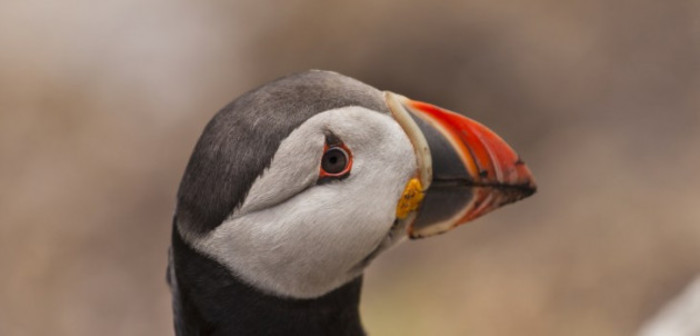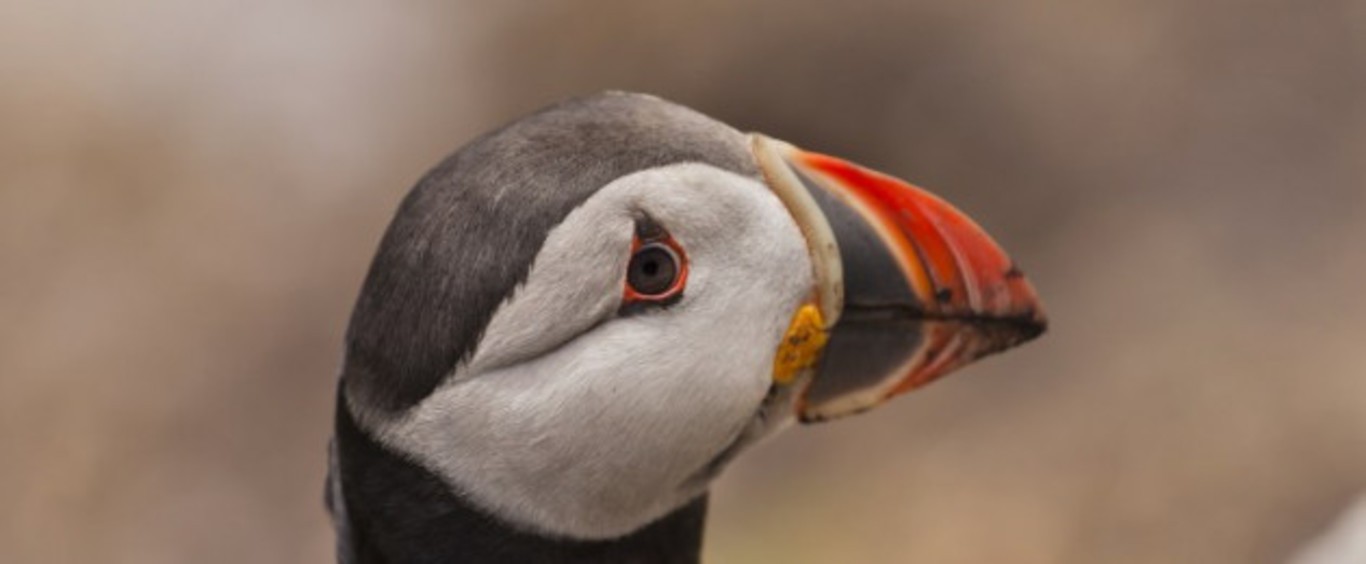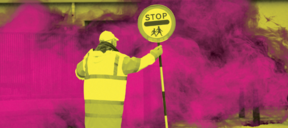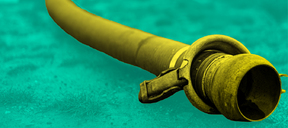Ireland fares worst at managing protected nature sites in new EU report
Out of 10 countries, Ireland underperformed in every measure aimed at protecting at-risk species such as the curlew and corncrake.

IRELAND IS FALLING down on protection of our network of nature areas to protect a host of at-risk birds and other species, according to a new assessment from the European Commission.
The Commission report examined the effectiveness of measures to protect vulnerable species in designated nature zones known as Special Protection Areas (SPAs). Such sites cover over 9,000km – or 13% of Ireland’s land area – as part as part of the EU’s Natura 2000 network of legally protected areas.
From the 10 member states in the study, 10 SPAs were examined in each, covering a range of locations and species. In nearly all categories – setting and implementing conservation measures, site management and monitoring – Ireland performed far worse than the other nine countries examined.
- An investigation by Noteworthy in August 2021 revealed that virtually none of our protected nature sites have effective conservation or management plans in place, with Ireland moving further away from targets for effective nature conservation. Read the full series here.
 A Puffin on Skellig Michael where the species is protected
A Puffin on Skellig Michael where the species is protected
Conservation objectives lacking
Birds are good indicators of the general health of ecosystems, with many species in Ireland under threat and in need of protection, including the much-loved puffin and other iconic species such as curlew and corncrake, with breeding populations of both at risk of disappearing from our island.
EU member states are required to develop conservation objectives specific to each protected site to maximise the conservation of the species designated for protection. They must be site-specific, comprehensive, realistic, and, wherever possible, quantifiable and measurable.
Overall, 87 of the 100 EU sites assessed had site-specific conservation objectives (SSCOs) in place. Nine of the 13 sites without SSCOs were in Ireland and had “only simple generic objectives that state the objectives of the Directive and present a list of qualifying species”.
In no Irish case, the report said, were specific, targeted, measurable and time-bound conservation measures found to be in place to deliver the favourable status of species.
In addition, it found that “conservation measures do not address all significant pressures and threats affecting the bird species and their habitats on the site for any [Irish] SPA” examined in the study.
Lack of progress to date
A Noteworthy investigation in August 2021 revealed that SSCOs had been set for just 33 of 154 sites in the SPA network at the time. In many cases, the conservation objectives were set well after the six-year deadline, taking between 10 and 20 years to set in 18 cases, and over 20 years in 11 cases.
A further 128 sites still only had generic conservation objectives in place at the time, over 110 of which were classified as SPAs over a decade ago, including 34 sites waiting over 25 years for site-specific measures to be put in place.
This included Puffin Island SPA and Skelligs SPA off the coast of Co Kerry classified in 1985 and 1986 respectively to protect the iconic, and now vulnerable, puffin, as well as other important species such as kittiwake, fulmer and manx shearwater.
Last August, the State issued a tender for a suitable candidate to help develop SSCOs for the remaining sites in Ireland’s SPA network. The contract was set to run from October to this February.
A spokesperson for the Department of Housing – under which the National Parks and Wildlife Service (NPWS) sits – noted the publication of the EU report and said that the Department is “considering its findings”.
Ireland now has detailed SSCOs in place for 51 SPAs, they said, with SSCOs for another four SPAs set to be published this week. They said that the process of progressing to SSCOs for the other SPAs is ongoing.
Site management
The report also raised concern with the lack of management plans for Irish sites, a knock-on impact from the absence of SSCOs that are meant to be translated into action through management plans.
Again, nine of the SPAs studied have no management plans, while the sole protected area with a plan has a “poor implementation assessment” and has “not been updated since 2010”.
In addition, the Commission found that there is no governance system in place at the 10 sites, with “incomplete and/or irregular” monitoring of many qualifying species in all the 10 SPAs.
These issues are having a real world impact, with only five of 37 species for which the sites are protected showing increasing numbers. In addition, populations of 20 out of 39 species that are showing signs of increasing numbers nationally are actually falling in the SPAs examined.
In its 2021 ENDANGERED SPECIES investigation, the Noteworthy team found that less than 60% of Ireland’s entire Natura 2000 network of over 600 sites had management plans in place.
The Department of Housing spokesperson said that “neither EU nor Irish law requires that management plans are put in place for Natura 2000 sites” and added:
“The Department is committed to the ongoing setting of conservation objectives and the implementation of necessary measures to protect a wide range of habitats and species, in SPAs in particular and across the Natura network.”

This is a follow-up to our ENDANGERED SPECIES investigation which found that the loss of Ireland’s biodiversity is accelerating at a worrying pace.

By Niall Sargent of Noteworthy
Noteworthy is the crowdfunded community-driven investigative platform from The Journal that supports independent and impactful public interest journalism.
Please support our work by submitting an idea, helping to fund a project or setting up a monthly contribution to our investigative fund HERE>>






